On March 26, full-time National Assembly deputies gave their opinions on the draft Law on Special Consumption Tax (SCT).
The report on some basic contents in the explanation, acceptance and revision of the draft Law on Special Consumption Tax (amended) of the Economic and Financial Committee of the National Assembly shows that, regarding the non-taxable objects (Article 3), there is an opinion suggesting to add non-taxable objects such as gasoline and air conditioners because these are essential goods.
This Committee expressed its opinion: Regarding gasoline in Vietnam, gasoline has been subject to special consumption tax in Vietnam since 1995. To encourage the use of biofuel, the Law on Special Consumption Tax has stipulated a preferential tax rate of 8% for E5 gasoline and 7% for E10 (lower than the 10% tax rate applied to mineral gasoline). This provision is consistent with the goal of special consumption tax to regulate consumption of goods that need to be used economically and in line with international practices. In addition, in the context of environmental pollution and climate change being global issues, the commitment of the Vietnamese Government at the COP26 Conference to achieve net emissions of "0" by 2050, along with other solutions, the current collection of special consumption tax on gasoline (including E5 and E10 gasoline) is appropriate, contributing to reducing emissions and orienting economical consumption. Therefore, please keep it as draft Law.
Regarding air conditioners, the collection of special consumption tax on air conditioners with a capacity of 90,000 BTU or less is being applied stably to raise awareness of limiting consumption as well as orienting consumption to save electricity and protect the environment. However, as the National Assembly member's opinion stated, the demand for refrigeration and air conditioning equipment in our country is increasing and becoming popular to meet the normal needs of people in conditions of increasingly high temperatures. Therefore, taking into account the National Assembly member's opinion, the Drafting Agency is considering a plan to limit the scope of air conditioners subject to special consumption tax.
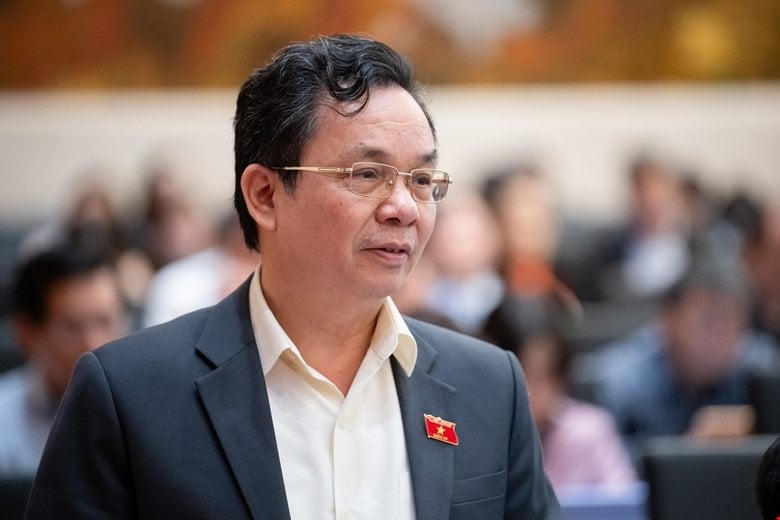
Regarding the above issue, delegate Hoang Van Cuong (Hanoi Delegation) said that the goal of special consumption tax is to change consumer behavior, limit the consumption of products that are harmful to health, and have negative impacts on the community. Switch those behaviors to more beneficial alternative consumer products. Through tax, the budget is collected, but budget collection is not the main goal of special consumption tax, the main goal is behavior.
According to Mr. Cuong, the draft law includes air conditioners in the subject of consideration, while air conditioners are popular consumer products, and there is no substitute, no matter how high the tax is, people still have to use air conditioners. Thus, restricting certain small groups will not change their behavior. Therefore, air conditioners should be removed from the subject of special consumption tax.
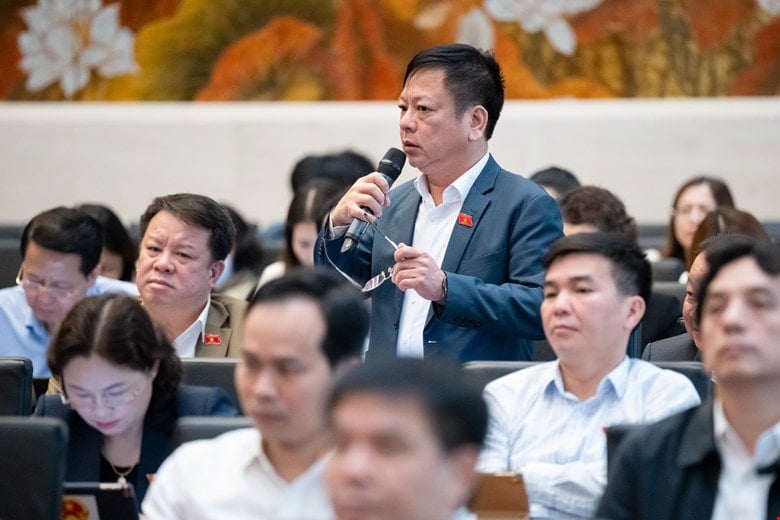
Delegate Nguyen Truong Giang (Dak Nong delegation) also said that taxing air conditioners with 90,000 BTU or less, or gasoline, must be in accordance with their nature. Gasoline is an essential commodity and its use cannot be restricted. Importantly, gasoline is subject to both special consumption tax and environmental protection tax. Therefore, if it is determined that using gasoline affects the environment, environmental protection tax can be increased, but no special consumption tax can be imposed on gasoline.
Similarly, air conditioners under 90,000 BTU should not be taxed because they are essential goods. Currently, with the application of science and technology, many air conditioners are very energy-efficient. "Therefore, in my opinion, gasoline and air conditioners under 90,000 BTU should not be taxed on special consumption tax," Mr. Giang suggested.
Delegate Nguyen Van Canh (Binh Dinh delegation) also stated that there are many products that we restrict but people still use, such as air conditioners. People really have a need, for example, if we impose a tax on votive paper, no matter how the special consumption tax is imposed, people will still have to use it. Nowadays, people burn a lot of votive paper, so we need to encourage people to reduce burning of votive paper because of pollution, then people will be aware and use it less, how to harmonize the goals of belief and environmental protection. Otherwise, even if the special consumption tax is increased, people will still use and burn votive paper.
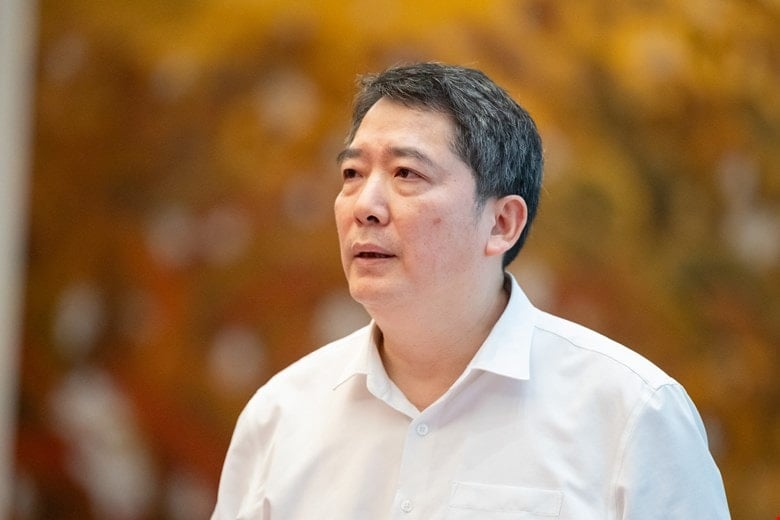
Explaining, Deputy Minister of Finance Cao Anh Tuan said that the drafting unit has reviewed this content. Previously, air conditioners were considered luxury goods, so they were subject to special consumption tax. Up to now, the tax has been raised to regulate and adjust consumer behavior. However, taking into account the opinions of National Assembly deputies, the drafting committee is reviewing common, popular air conditioners consumed by many families.
“We recommend that air conditioners with 18,000 BTU or less can be reviewed for adoption,” said Mr. Tuan.
Regarding gasoline, Mr. Tuan said that gasoline has been subject to special consumption tax since 1995, for 30 years now. The Ministry has reviewed the experience of countries such as Germany, France, Italy, England, South Korea, Thailand, Singapore, Laos, and Cambodia, all of which have collected it. In addition, environmental protection tax is collected. Environmental protection tax is collected absolutely, while special consumption tax is collected at a percentage rate. For biofuel, the special consumption tax rate is 8% for E5 and 7% for E10, a lower rate than that of regular gasoline, which is 10%. This is to encourage the use of biofuel. If it is removed, biofuel will not be encouraged.
Source: https://daidoanket.vn/kien-nghi-khong-thu-thue-tieu-thu-dac-biet-doi-voi-xang-dieu-hoa-nhet-do-10302293.html


![[Photo] National Assembly Chairman Tran Thanh Man chairs the meeting of the Subcommittee on Documents of the First National Assembly Party Congress](https://vphoto.vietnam.vn/thumb/1200x675/vietnam/resource/IMAGE/2025/5/8/72b19a73d94a4affab411fd8c87f4f8d)
![[Photo] Prime Minister Pham Minh Chinh meets with the Policy Advisory Council on Private Economic Development](https://vphoto.vietnam.vn/thumb/1200x675/vietnam/resource/IMAGE/2025/5/8/387da60b85cc489ab2aed8442fc3b14a)
![[Photo] General Secretary concludes visit to Azerbaijan, departs for visit to Russian Federation](https://vphoto.vietnam.vn/thumb/1200x675/vietnam/resource/IMAGE/2025/5/8/7a135ad280314b66917ad278ce0e26fa)
![[Photo] General Secretary To Lam begins official visit to Russia and attends the 80th Anniversary of Victory over Fascism](https://vphoto.vietnam.vn/thumb/1200x675/vietnam/resource/IMAGE/2025/5/8/5d2566d7f67d4a1e9b88bc677831ec9d)

![[Photo] President Luong Cuong presents the decision to appoint Deputy Head of the Office of the President](https://vphoto.vietnam.vn/thumb/1200x675/vietnam/resource/IMAGE/2025/5/8/501f8ee192f3476ab9f7579c57b423ad)




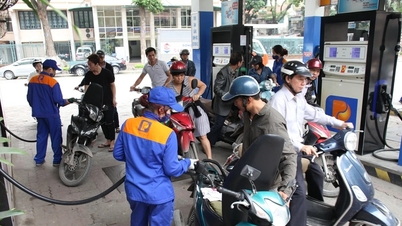

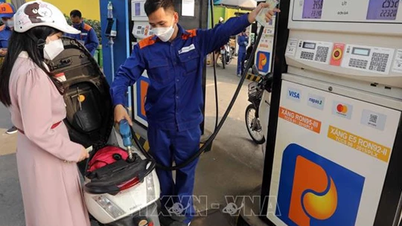


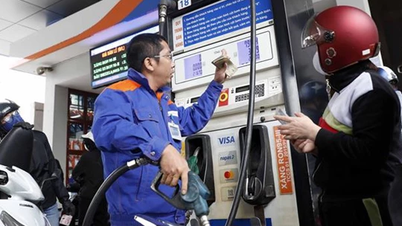

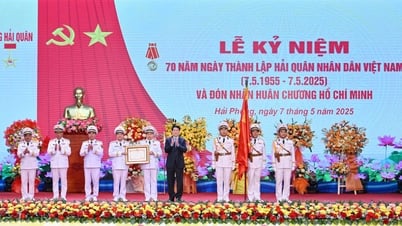












































![[Photo] Prime Minister Pham Minh Chinh talks on the phone with Singaporean Prime Minister Lawrence Wong](https://vphoto.vietnam.vn/thumb/402x226/vietnam/resource/IMAGE/2025/5/8/e2eab082d9bc4fc4a360b28fa0ab94de)











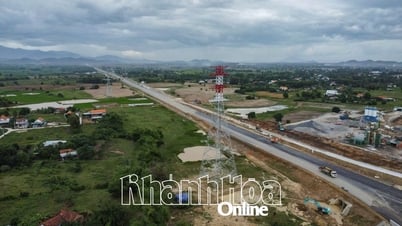
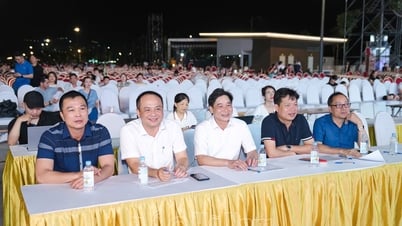

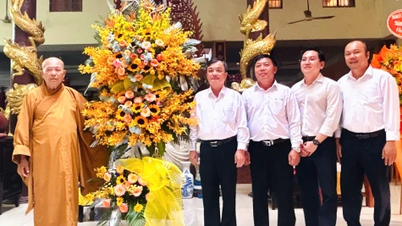





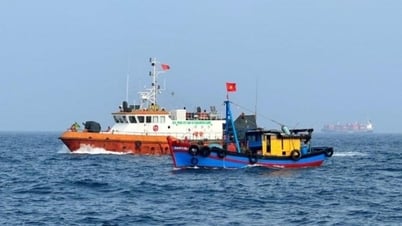











Comment (0)